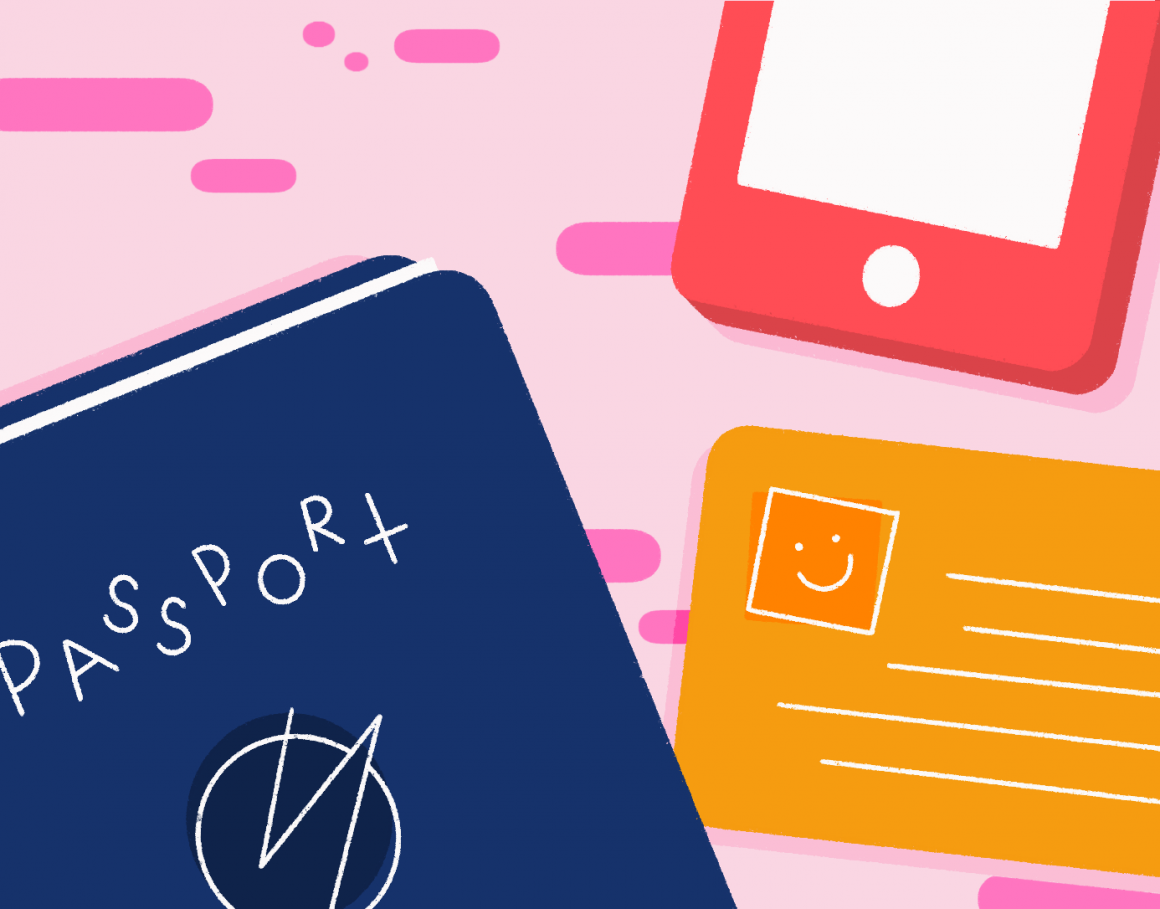
Travelling during university: a world of experiences
By Divya Shah, August 26 2019—
Over the past two summers, I have had the opportunity to travel. Last summer, I interned with the National Organization for Rare Disorders in Washington, DC and this summer I went to Tanzania for a medical elective, mainly at a publicly-funded hospital in Dar-es-Salaam. While both of these experiences were school-related and had extremely different learning objectives, my biggest takeaways from them go far beyond gaining the specific skills required to work with the rare disease community or in hospitals.
The most incredible aspects of travelling are the people and the relationships you form with them. In the States, I met and worked with outstanding leaders who were advocating for their loved ones living with rare conditions. Their stories of perseverance and their humility still impacts how I interact with patients, friends and even complete strangers. In Tanzania, I met physicians, nurses, patients and medical students who all had unique stories and lifestyles. I aim to keep in touch with these friends and colleagues.
Of course, depending on your purpose and destination, you will meet different, unique individuals, but that is what makes travelling amazing. You can travel, form short-term and long-term relationships around the world and integrate these subtle learning experiences into your daily life. I am able to integrate my intercultural and hands-on experiences in interactions with patients now, and more importantly, I can share my experiences with those around me.
With travel comes new exposures, and of course, not all these exposures are cultural. I had to make sure to drink only bottled water, eat adequately-cooked food and remember to take those anti-malarial pills. Despite that, there were several slip-ups, upset stomachs and unforeseen circumstances.
Another challenge is living away from the comfort of home and your support systems. In DC, I had travelled alone, so I had to push myself into solo sightseeing tours throughout the city. However, I did manage to find a university roommate and see some local attractions with him. In Tanzania, I was with some classmates, but the language barrier affected us every day. Overcoming the discomfort of travelling alone or using a variety of gestures to communicate that you want ketchup with the delicious local cuisine are invaluable life experiences.
During the week, if you’re abroad, you will often be working on your main project or purpose for travelling. In DC, I learned the intricacies of rare disease advocacy and lobbying for funding and contributed to the logistics of non-profit organizations. In Tanzania, I was able to participate in medical procedures, learn about tropical diseases and gain a better understanding of healthcare there. In both cases, I learned leadership, administrative and medical skills that I will use in the future.
On the weekends, you will probably have a chance to explore. I visited many cities along the east coast in the States last summer. And despite the language barrier and bouts of sickness in Tanzania, I saw tortoises and snorkelled with dolphins in Zanzibar. I went on a safari to see the majestic baobab trees, lions, elephants and zebras.
All in all, those ads about life-changing epiphanies and self-discovery on a random trip during university are true. These experiences build independence, help us unlearn misconceptions and gain cross-cultural understanding. Fortunately, there is a variety of study-abroad or work-abroad programs and funding available to make travel more affordable.
One of my friends phrased it beautifully that perhaps the biggest lesson of travelling is “becoming comfortable with the idea of being uncomfortable” – the perfect condition for personal growth. Keep an eye out for these opportunities. There is quite literally a world of experiences out there waiting for you.
